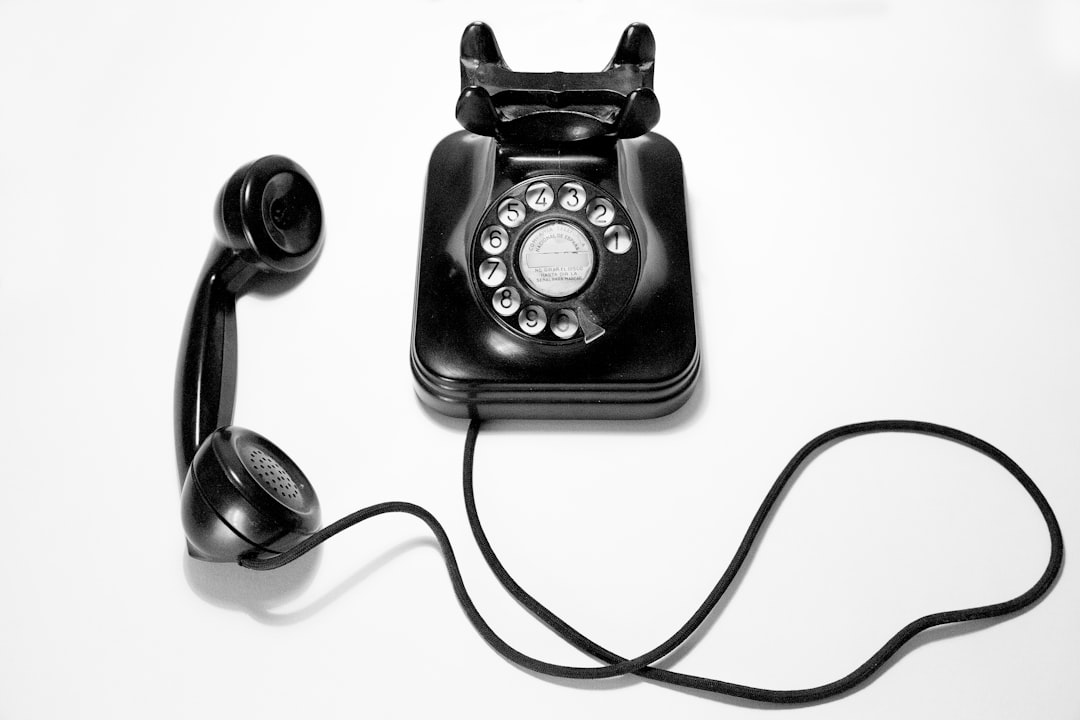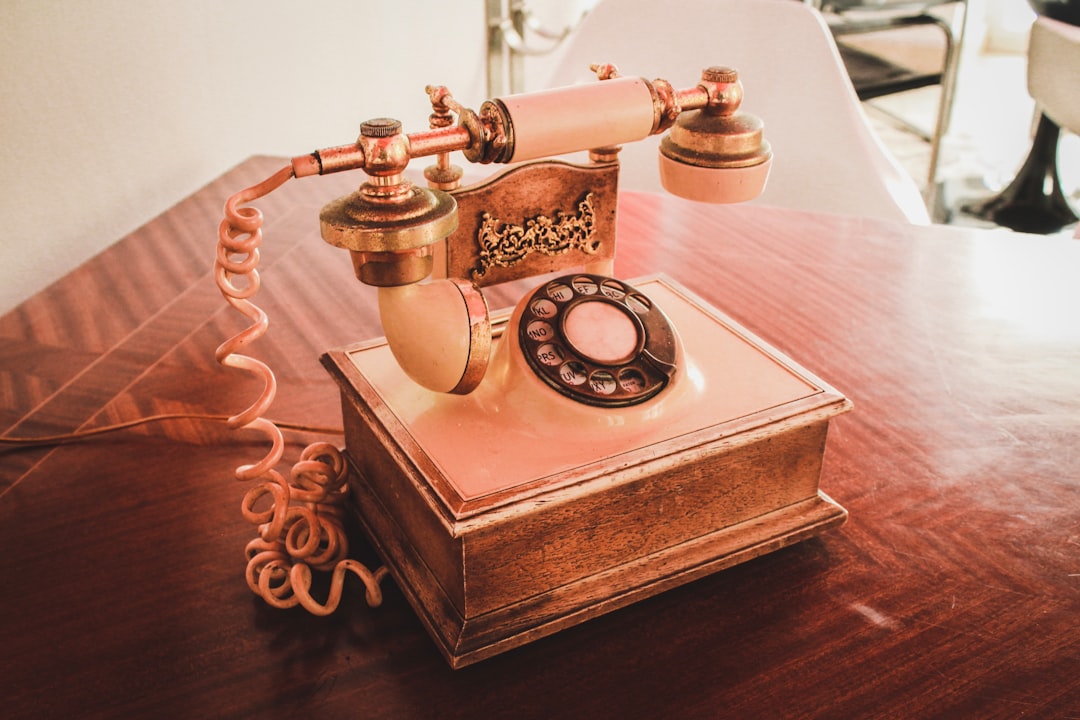In Iowa, both state law (Iowa Telephone Consumer Protection Act) and federal regulations (FCC's TCPA) govern autodialers, restricting call timing, requiring prior consent for marketing calls, and demanding clear caller ID. Non-compliance incurs significant fines. Businesses using autodialers need guidance from a lawyer specializing in autodialer Iowa law to ensure compliance with these consumer privacy protections. The Telemarketing Act and Iowa Administrative Code regulate automated calls, outlining consent, do-not-call lists, and caller information disclosure. Consulting a 'lawyer for autodialer Iowa' is crucial to avoid penalties and safeguard consumer rights.
“Navigating the complex landscape of telecommunications law in Iowa can be challenging, especially with the proliferation of automated dialing systems (autodialers). This article serves as a comprehensive guide for businesses utilizing autodialers, delving into the critical legal considerations unique to Iowa.
We explore the regulatory framework, starting with an overview of state laws and regulations, including key statutes from the Iowa Administrative Code. The focus then shifts to compliance requirements, highlighting the Do-Not-Call Registry, consent mechanisms, and content restrictions. Furthermore, we analyze real-world case studies, legal implications, and offer best practices for defense against potential claims.
For businesses seeking a lawyer specializing in autodialer regulations in Iowa, this article is an indispensable resource.”
Regulatory Framework for Autodialers in Iowa

In Iowa, the regulatory framework for autodialers—automated telephone dialing systems—is primarily governed by state and federal laws designed to protect consumers from unwanted calls. The Iowa Telephone Consumer Protection Act (ITCPAA) is a crucial piece of legislation that outlines rules for telemarketing and auto-dialer usage. It restricts the time of day when automated calls can be made, requires prior consent for marketing calls, and mandates clear disclosure of the caller’s identity. Non-compliance with these regulations can result in substantial fines, making it imperative for businesses using autodialers to seek guidance from a lawyer for autodialer Iowa.
The Federal Communications Commission (FCC) also plays a significant role in regulating autodialers through its Telephone Consumer Protection Act (TCPA). The FCC’s rules align closely with state regulations like those in Iowa and provide additional protections for consumers. Together, these legal frameworks ensure that businesses utilizing autodialing services adhere to strict guidelines aimed at preserving consumer privacy and peace of mind.
– Overview of Iowa's telecommunications laws and regulations relevant to autodialers.

Iowa’s telecommunications landscape is regulated by a series of laws and regulations designed to protect consumers from unwanted calls, while also fostering fair competition among businesses. For those involved in the operation or development of autodialers—automated telephone dialing systems—a thorough understanding of these rules is paramount. Key among these regulations are those that govern telemarketing practices, including restrictions on automated calls made without prior consent.
A lawyer specializing in autodialer laws in Iowa can provide invaluable guidance on navigating this complex terrain. They can help ensure compliance with the state’s Do Not Call registry, educate on obtaining valid consent for automated calls, and offer strategic advice on minimizing legal risks associated with autodialing campaigns. Given the potential penalties for non-compliance, having a legal expert on your side is crucial for protecting your business interests and maintaining consumer trust.
– Key statutes and rules governing automated calls, including those from the Iowa Administrative Code.

In Iowa, the legal framework surrounding automated calls, or those made using an autodialer, is primarily governed by several key statutes and rules outlined in the Iowa Administrative Code. The Telemarketing Act (Iowa Code Chapter 504) provides a comprehensive set of regulations to protect consumers from unwanted telemarketing practices. This act includes provisions on consent, do-not-call lists, and the disclosure of caller information. Additionally, the Iowa Administrative Code, specifically Part 765, outlines further guidelines for automated telemarketing calls, focusing on issues like call timing, message content, and the use of prerecorded messages.
For businesses looking to implement autodialing systems in Iowa, seeking guidance from a lawyer for autodialer Iowa is essential. These legal professionals can navigate the intricate web of regulations, ensuring compliance with state laws to avoid potential penalties and protect consumer rights. Staying informed about these statutes and rules is crucial for any organization engaging in automated telemarketing to ensure their practices align with legal expectations.






